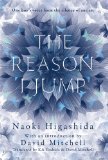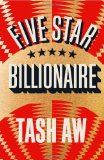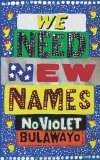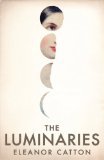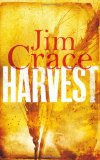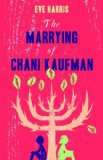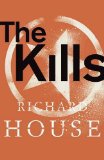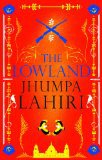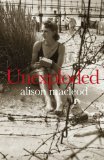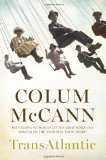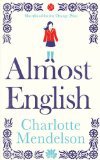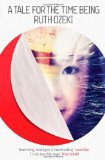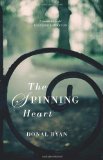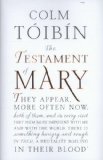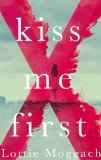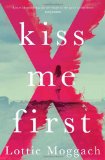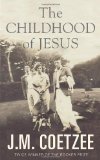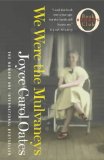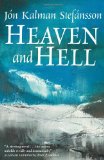 Translated from the Icelandic by Philip Roughton
Translated from the Icelandic by Philip Roughton
Five words from the blurb: Iceland, boat, fishing, tragedy, solitude
I’m going to Iceland soon and so have been trying to track down as much fiction from the country as possible. Heaven and Hell has been on my wishlist ever since I read Kim’s 5 star review and so I bought a copy during my recent Icelandic fiction spending spree. In a strange twist of fate I received a review copy just 3 weeks later, accompanied by its sequel, The Sorrow of Angels, which is due to be released on 15th August. Having read Heaven and Hell I’m keen to read the next book in the trilogy and hope to let you know my thoughts very soon.
Heaven and Hell is a beautifully written book about a nineteen-year-old boy who witnesses a tragic event at sea. The atmospheric descriptions of the hardship that Icelanders had to endure in the 19th century were heartbreaking and the fine line between life and death was cleverly investigated.
The poetic writing was packed with snippets of wisdom. This is the sort of book that you can open at random and be sure to come across something beautiful within a few paragraphs:
Some words can conceivably change the world, they can comfort us and dry our tears. Some words are bullets, others are notes of a violin. Some can melt the ice around one’s heart, and it is even possible to send words out like rescue teams when the days are difficult and we are perhaps neither living nor dead. However, words are not enough and we become lost and die out on the heaths of life if we have nothing to hold but a dip pen.
This was the main joy of the book, but also a slight negative for me. The writing was incredibly dense and slow going. It was well worth the effort, but there were times when the plot became lost in a sea of reflections (pun half intended!)
I also found the characters cold and difficult to connect with. I know this is an accurate portrayal of their personalities, but it meant I didn’t care whether or not they lived or died.
Overall this book showed the power of nature and how fragile human life can be. It is worth reading for the vivid descriptions of the sea and snow alone, and I recommended to anyone who enjoys slow atmospheric books.

.

